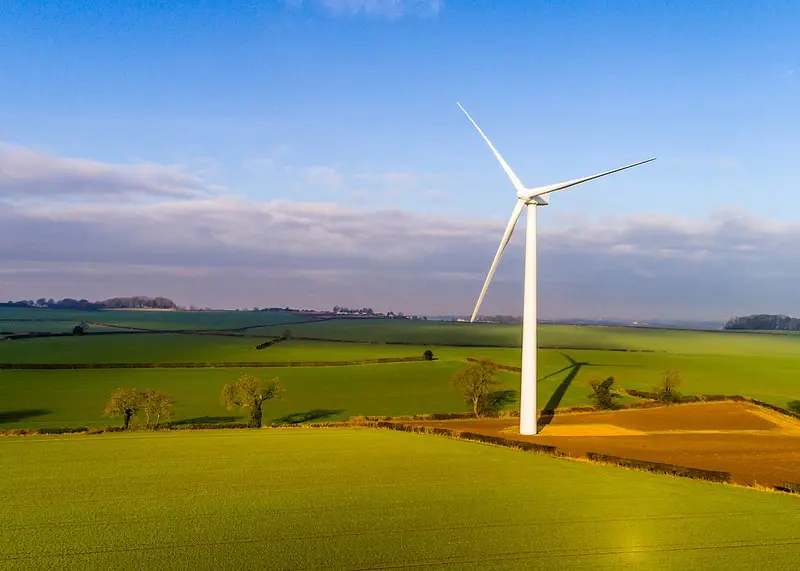Circular Ecology will be delivering a webinar about the new version of the Inventory of Carbon & Energy (ICE) database. It is being hosted through IEMA, the membership network for environmental professionals. Non-members can also join the webinar. The webinar was held on Thursday 31st Jan, 12:30pm UK time (GMT). We are glad to report […]
Category Archives: Carbon Footprint
In the world of carbon footprinting, the emissions factors from the UK government are a seminal resource. Each year that they are updated gives new insight into the decarbonising UK electricity supply. The 2018 factors are now available. So, what do the “UK Government greenhouse gas (GHG) conversion factors for company reporting” tell us about […]
On our recent ‘life admin’ trip to the supermarket, we were pleasantly surprised to find that it now sells a range of ‘wonky veg’ and at a fraction of the price of the ‘non-wonky’ variety. Realising the environmental benefit of using these veg provides some simple satisfaction, but it also poses some important questions. […]
Each year the UK government releases their greenhouse gas (GHG) emissions factors for company reporting. Within the carbon footprinting sector they are often know as Defra’s GHG emissions factors, despite now being produced by the Government department, BEIS (Department for Business, Energy and Industrial Strategy). They are an invaluable resource for carbon footprint professionals.In August […]
This is Part II of the article, part I revealed how the HM Treasury stated that… “Reducing carbon reduces costs” – HM Treasury, 2013 The Infrastructure Carbon Review (2013) made this bold statement. It appears word for word in the report. However, such a bold statement should not be taken out of context and it […]
What is the value of carbon footprinting? Why should I carbon footprint our business, products, activities or constructions? Why should I do an embodied carbon assessment? These are the questions we face almost daily. The reply is now: “Reducing carbon reduces costs” A bold claim indeed. It’s a claim that would normally be met with […]
The UK government recently announced that zero carbon homes 2016 and zero carbon buildings 2019 (non-domestic) will be abandoned. The zero carbon homes policy was designed so that all new buildings would generate as much energy from on-site renewables (PV, wind,…etc) as they consume to heat and power the building. It was a flagship environmental […]
Blog by Stephen Allen The contribution of low carbon energy in the UK has risen to an all-time high, while our dependence on fossil fuels has fallen to a record low. Such good news stories seem rare when it comes to the environment – so how did we get here? Percentage Shares In 2005, I began […]
Embodied carbon is the carbon footprint of producing materials. It is steadily gaining attention from both industry and parts of government, where it is now recognised that embodied carbon emissions make up a large fraction of the emissions from the construction sector. In fact, it’s often 20-40% of the whole life (embodied + operational) carbon […]
Circular Ecology is giving an invited lecture for the Centre for Environmental Policy at Imperial College London, on 27 October 2016. Dr Stephen Allen will present on “Life cycle assessment and carbon footprinting – business applications”. A growing number of businesses are assessing the carbon footprint of their products and operations. Some consider a wider […]








